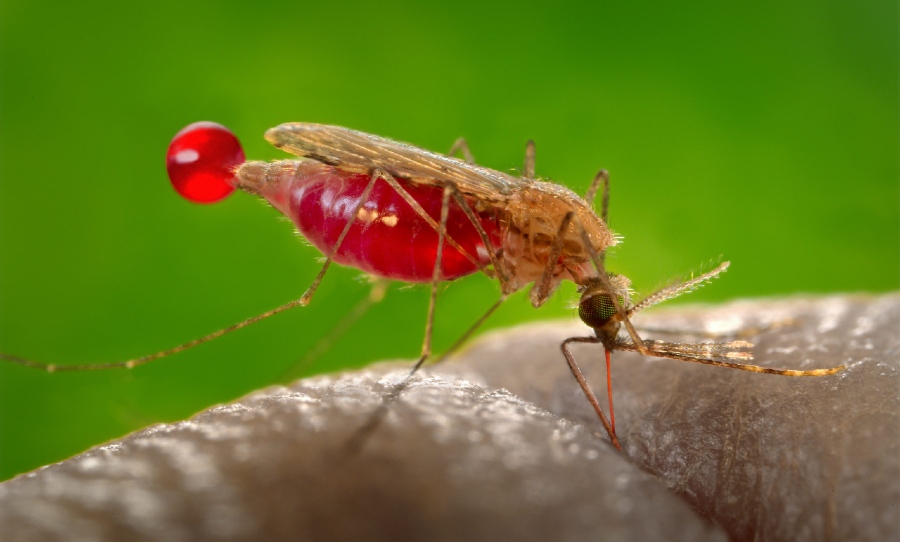WHO has endorsed the widespread rollout of the first Malaria vaccine this week as experts say it will save thousands of lives each year.
After a successful trial program in Africa that began in 2019, The World Health Organisation has given the green light to a global rollout of the malaria vaccine.
Director of the charity Malaria No More, Gareth Jenkins, labeled it as “A truly historic moment” that is “another critical step in building our armory of weapons”.

Malaria, a parasitic disease that is spread through the bites of infected mosquitos, can cause organ failure and death if left untreated. Whilst treatments are available they aren’t always accessible to those in developing nations.
Previously there were only preventative treatments for the disease.
Malaria kills roughly half a million people globally each year, with African nations accounting for roughly 95% of all Malaria related deaths.
A child dies from #malaria every two minutes.
One death is one too many.🚨 Today, WHO recommends RTS,S, a groundbreaking malaria vaccine, to reduce child illness & deaths in areas with moderate and high malaria transmission https://t.co/xSk58nTIV1#VaccinesWork pic.twitter.com/mSECLtRhQs
— World Health Organization (WHO) (@WHO) October 6, 2021
“This complex, but preventable and treatable disease, causes hundreds of millions of infections each year, risking lives and livelihoods, trapping people in poverty in some of the poorest countries in Africa” said Jenkins
The vaccine, known as “Mosquirix”, was developed by GlaxoSmithKline (GSK), a British pharmaceutical company, and has been administered to more than 800,000 children in Ghana, Kenya, and Malawi.
It has been labeled a “historic day”.
View this post on Instagram
The vaccine’s efficacy is somewhat less than hoped, preventing 39% of cases and over 29% of severe cases.
However, a study in August led by the London School of Hygiene & Tropical Medicine found that young children given a combination of the vaccine and antimalarial drugs saw a 70% reduction in hospitalisation or death.
“Using this vaccine in addition to existing tools to prevent malaria could save tens of thousands of young lives each year,”
“It is safe. It significantly reduces life-threatening, severe malaria, and we estimate it to be highly cost-effective.”



